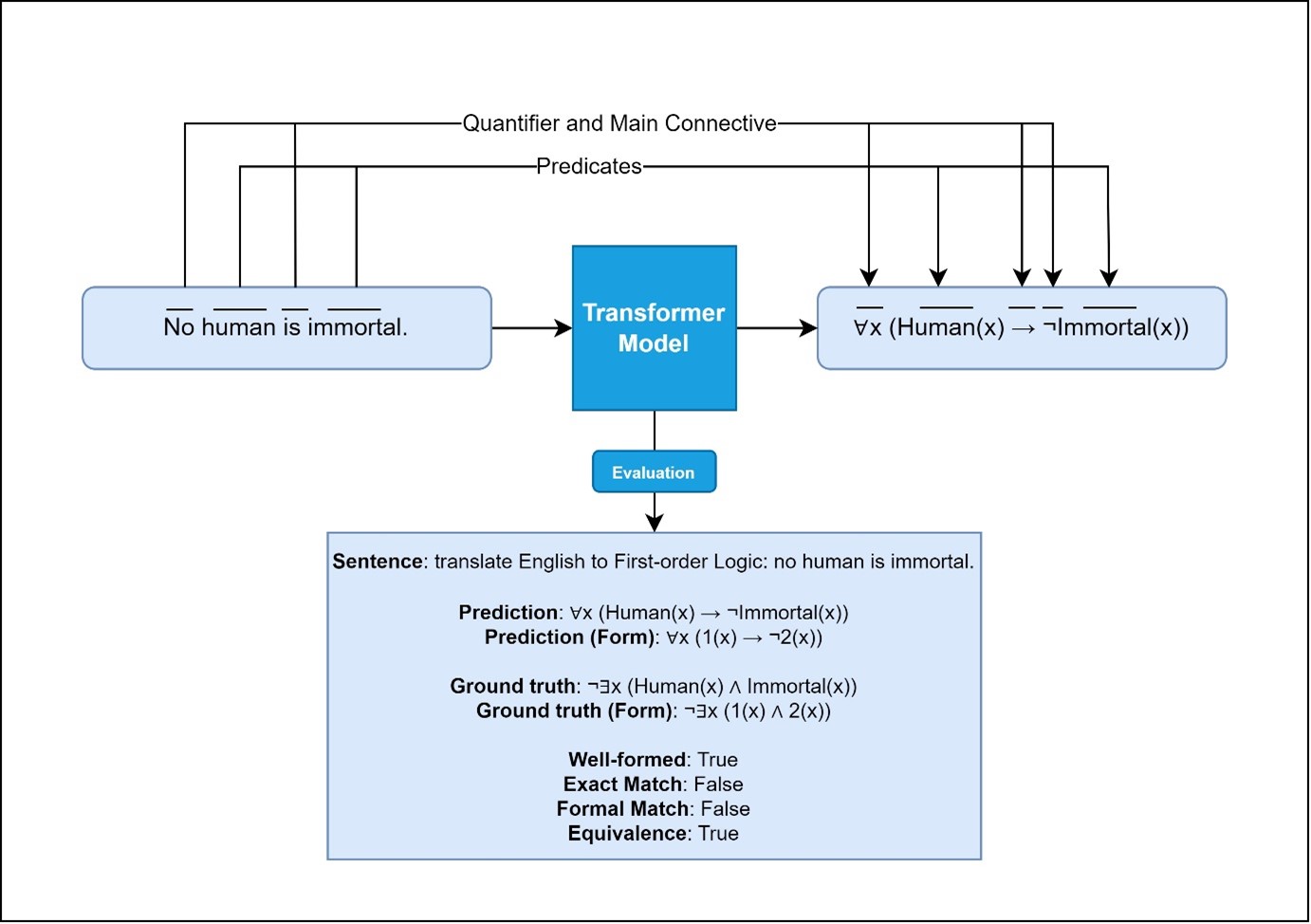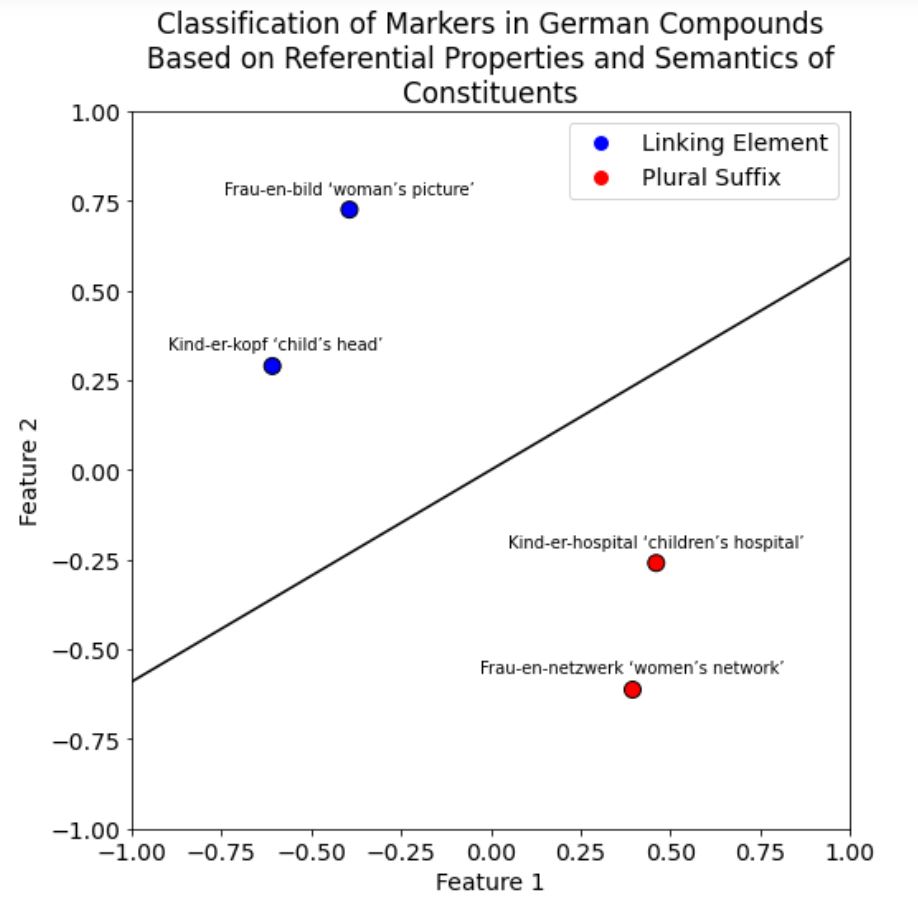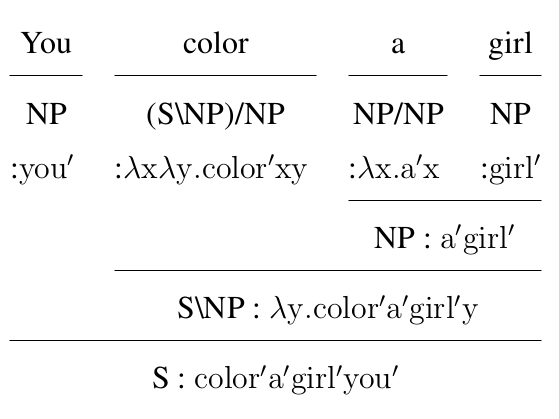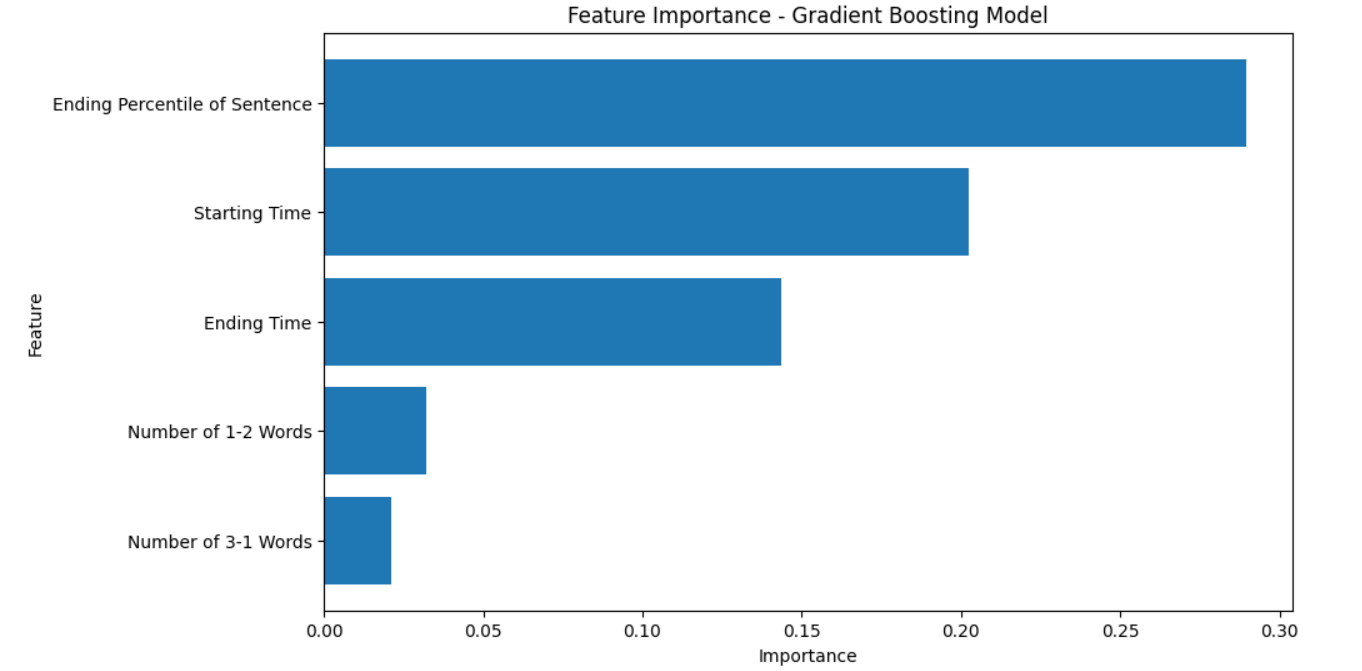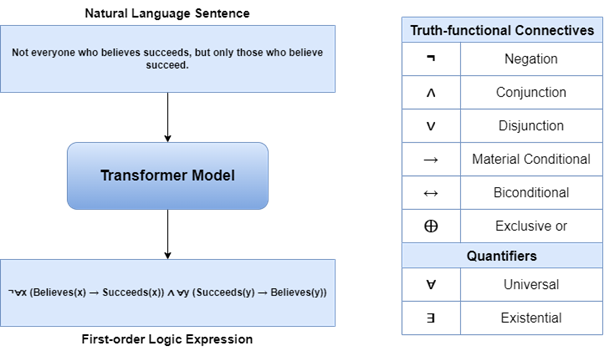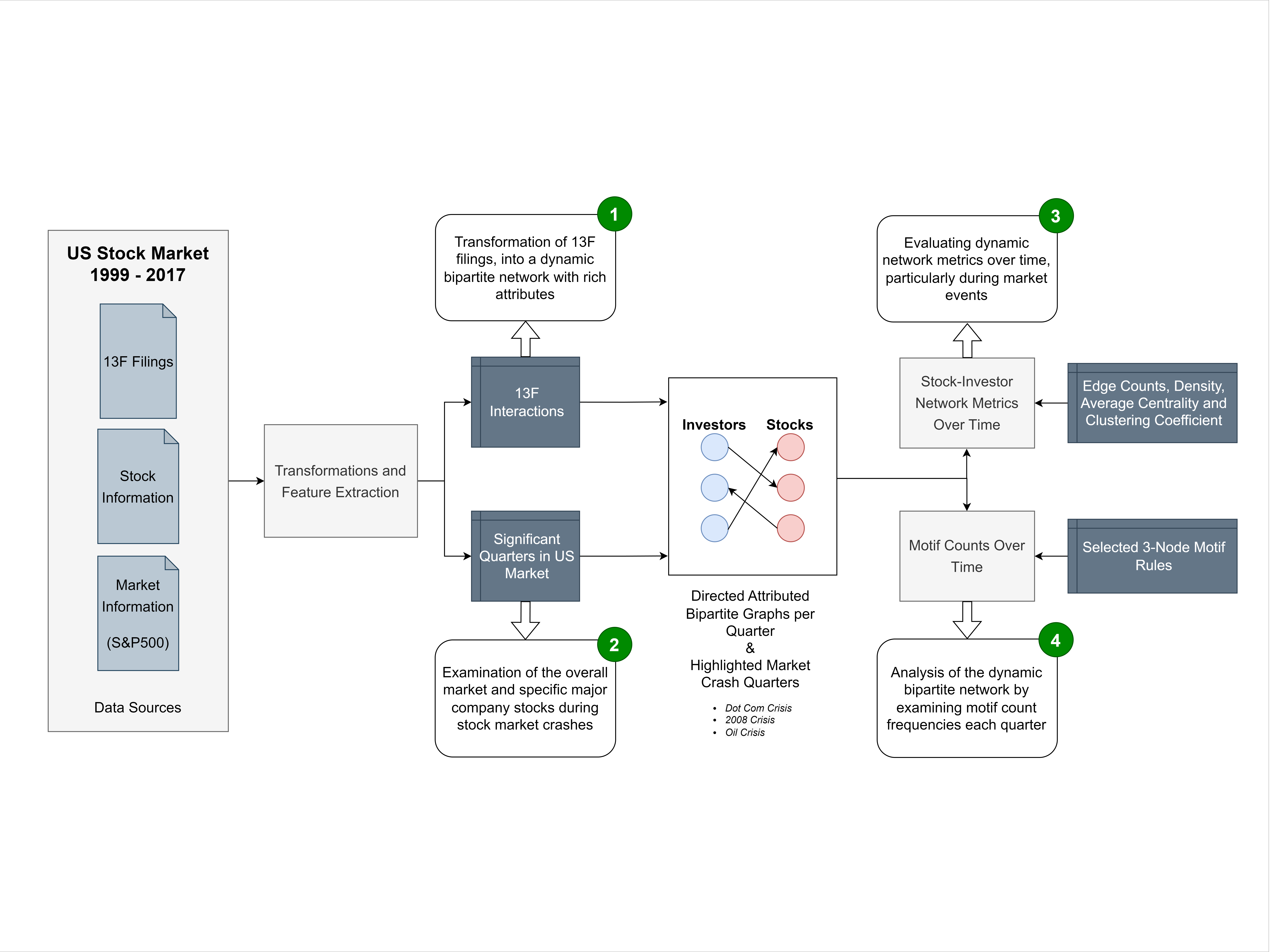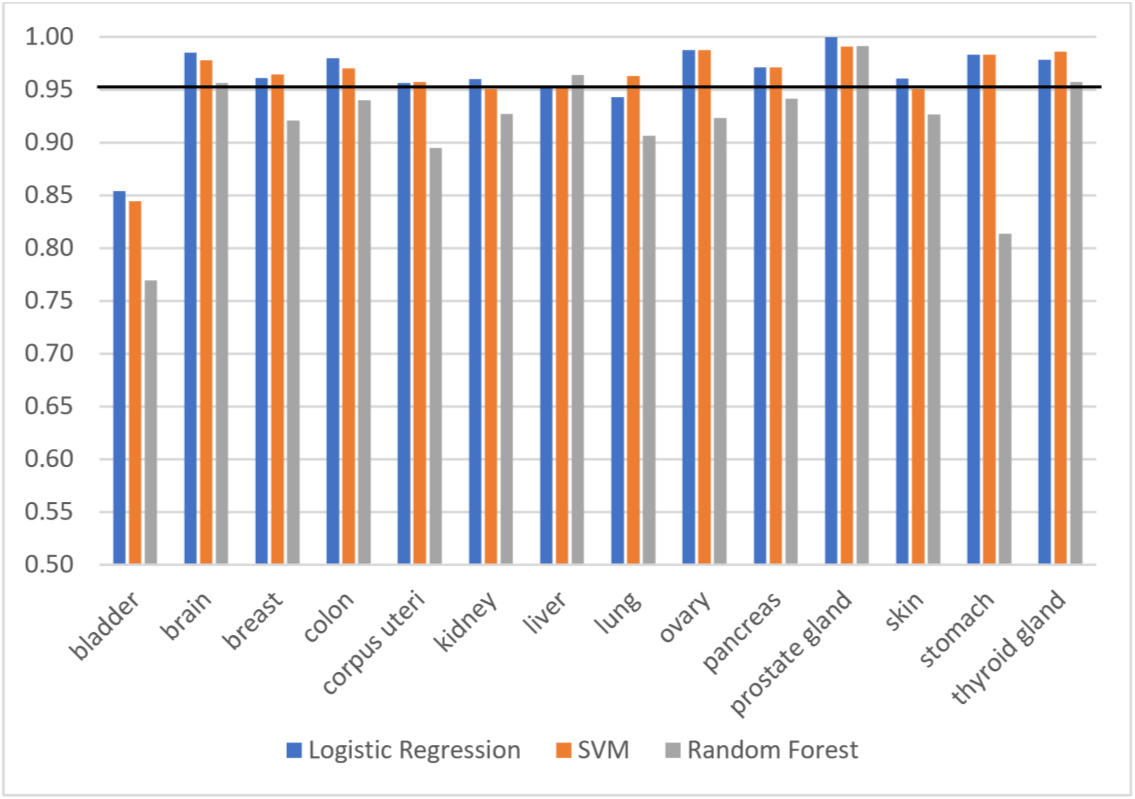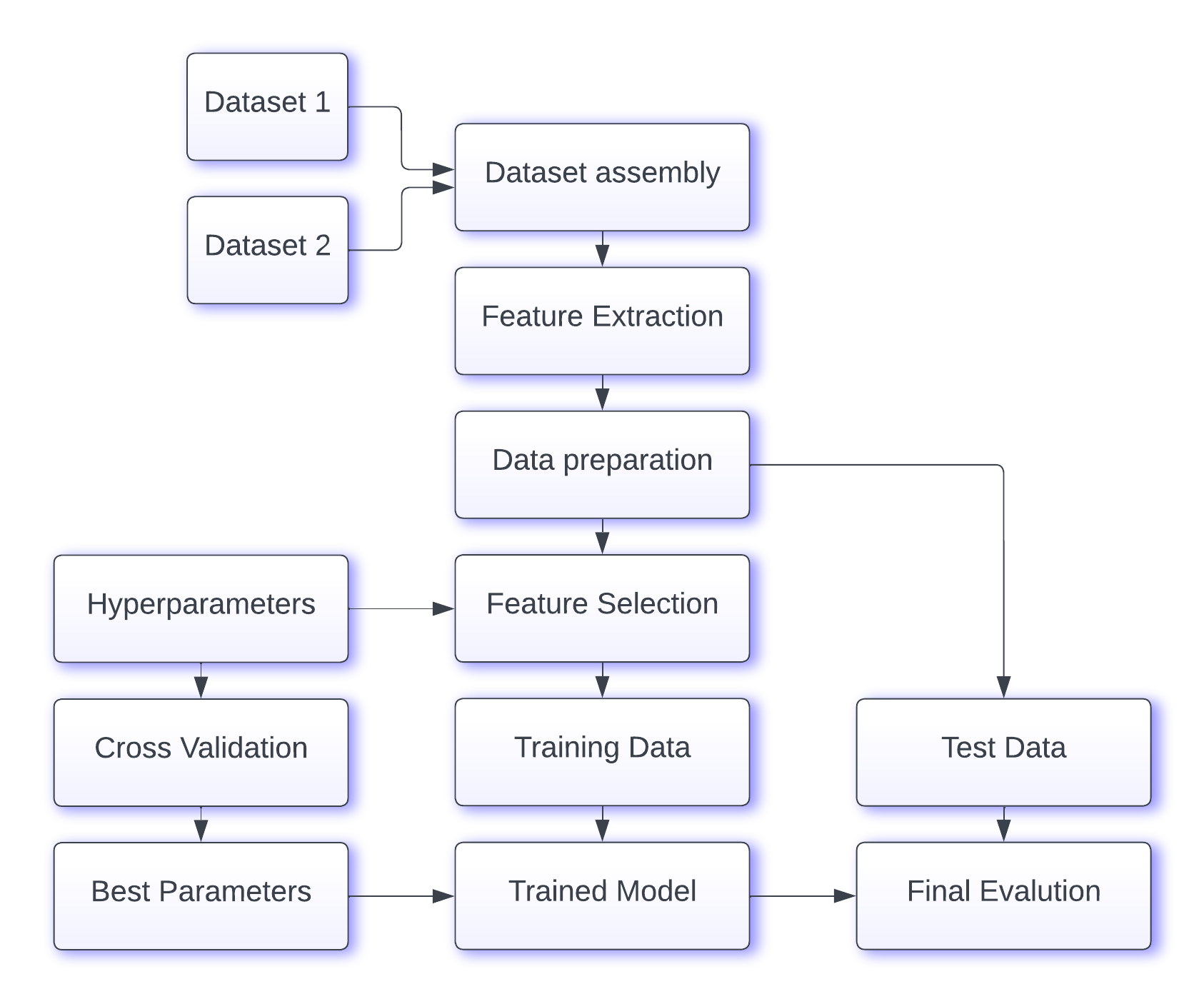Emre Karabıyık, A Broadcast Model of Spread of Digital Music Composition among Artificial Audience
This thesis delves into a fresh approach within the domain of digital music composition, offering an extensive model that replicates the complex social interactions among composers, broadcasters, and synthetic audiences. Utilizing sophisticated machine learning techniques, the research examines the development of compositions within a dynamic environment where composers iteratively adjust their styles in response to feedback from artificial audiences.
Date: 22.04.2024 / 10:00 Place: B-116

